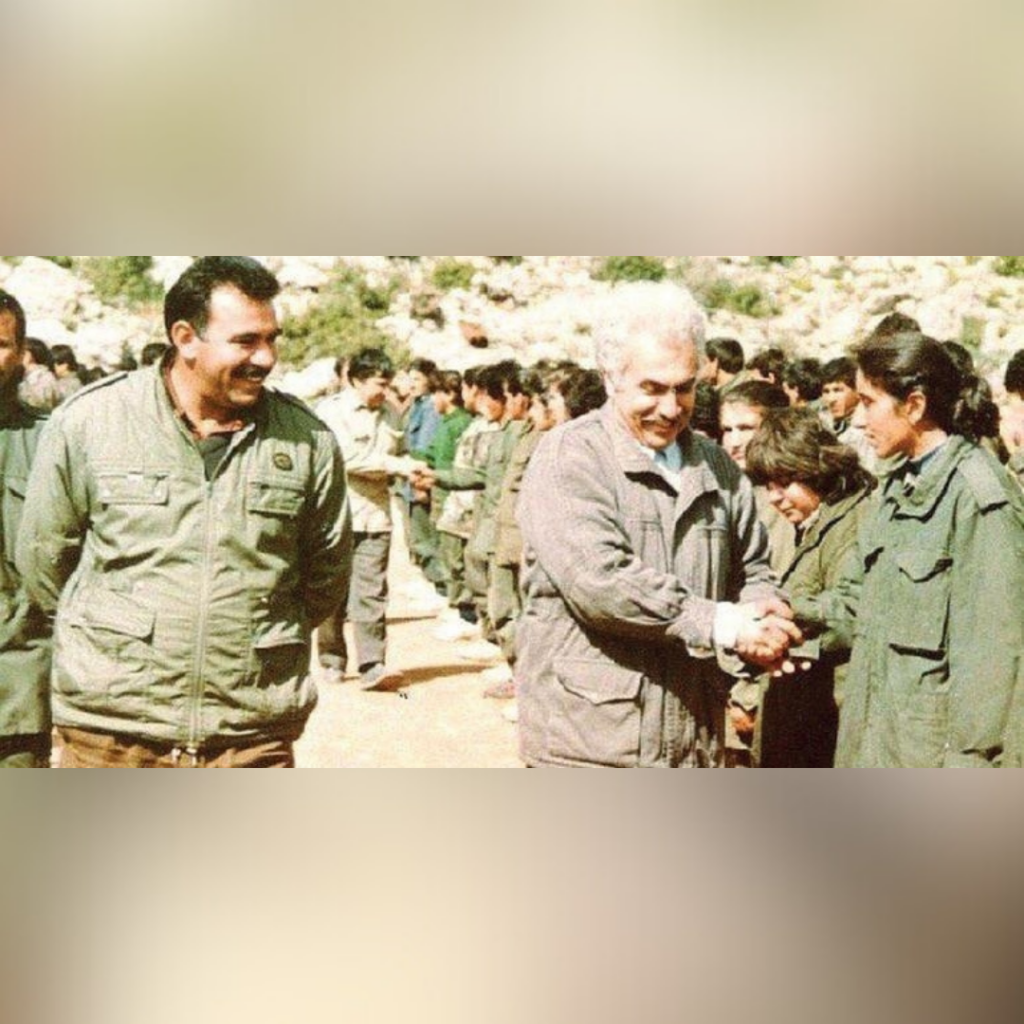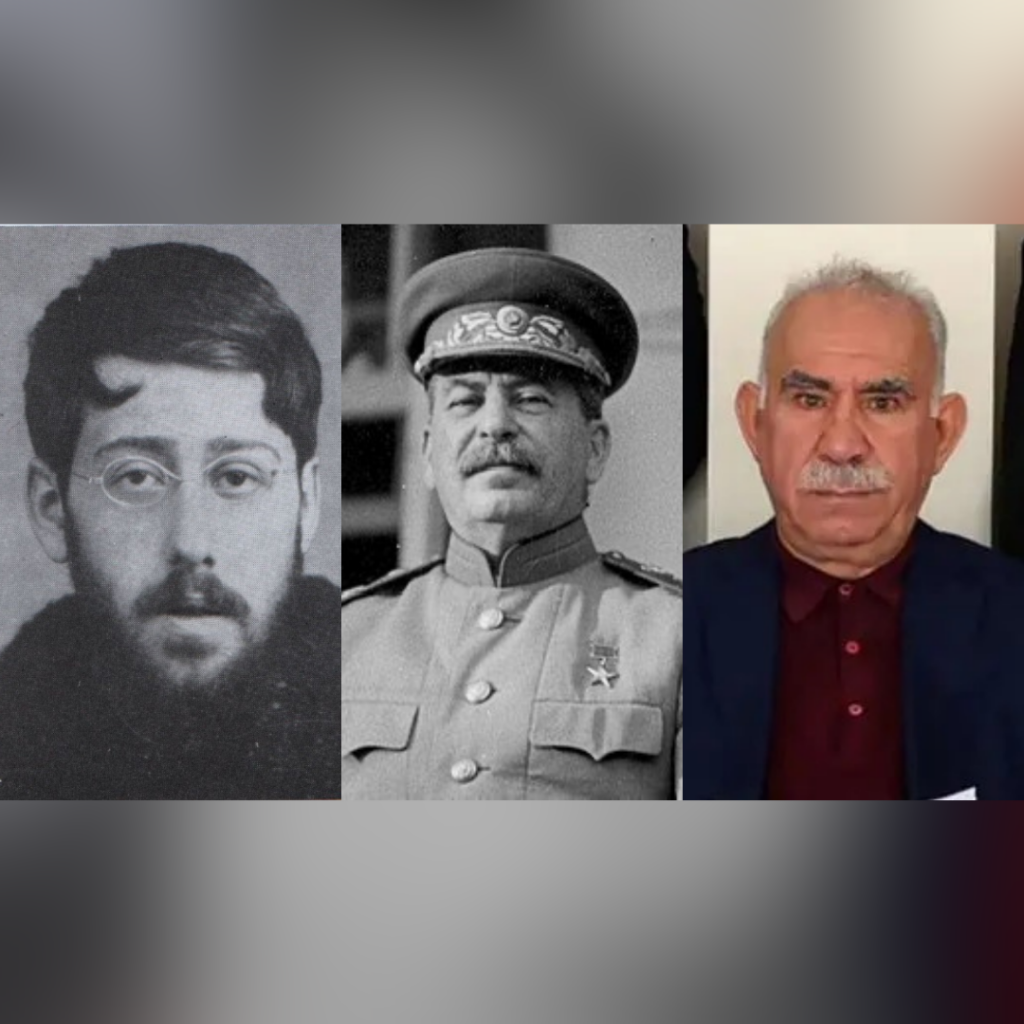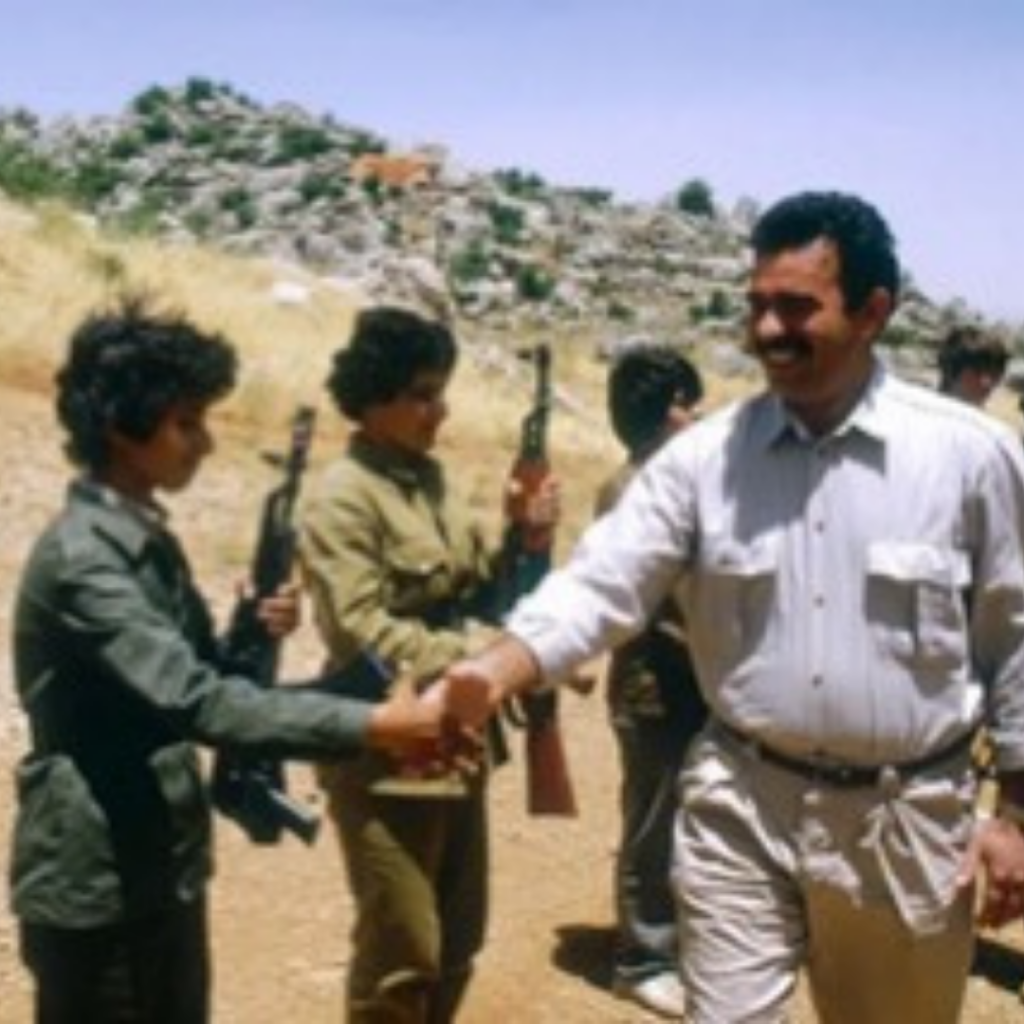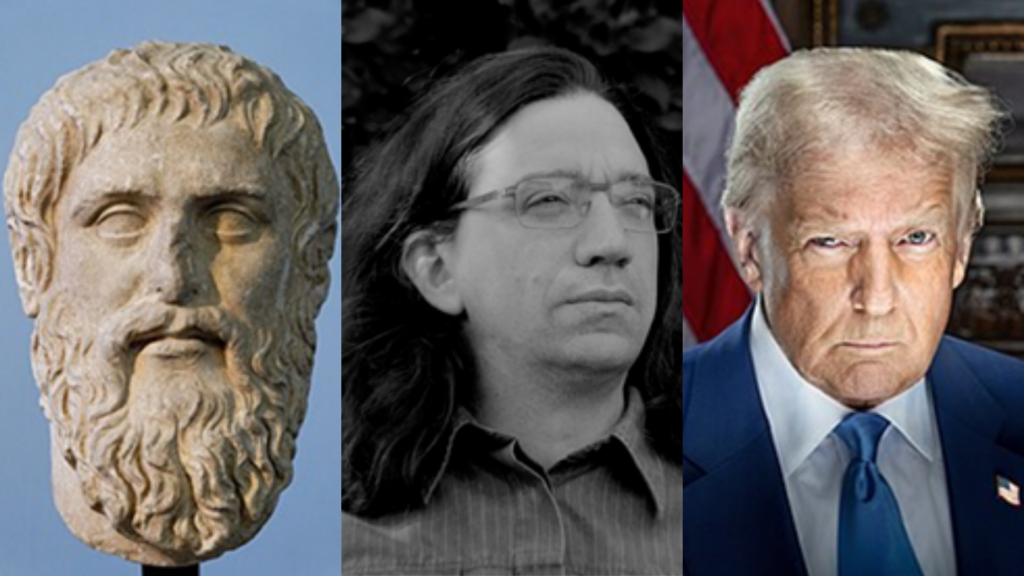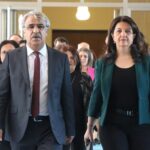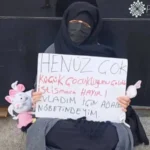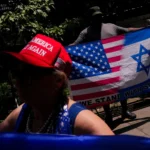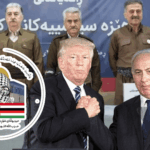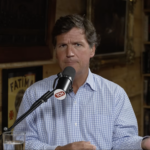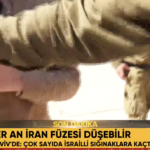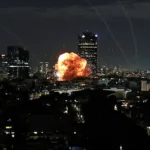Halil Berktay
The Turkish original of this article was published as Suruç’un ardından (2) PKK’nın yeni karşı-devrimci iç savaşı on 24th July 2015.
[24 July 2015] So much has happened quickly over the last three days, and such unbelievable things have been said and done, that… On the one hand, Turkey has entered into small-scale yet nevertheless direct conflict with the IS. On the other hand, the PKK, accusing the government of being behind the Suruç bombing attack, has once more launched a “people’s revolutionary war.” This is a pure case of Orwellian doublethink and newspeak. It is the very opposite of truth. White is black and black is white. But the fact of the matter is, that (unless they hit and are stopped by a new rising wave of public reaction), they are setting fire to a new civil war that is now clearly counter-revolutionary in character — because it no longer has anything to do with the struggle of the Kurds of Turkey for liberty and equality, so that its demands are incapable of being met by Turkey and within Turkey; which moreover is based on nothing but a pack of lies, and looks as if it wants to keep fighting for the sake of fighting , and therefore can lead to nothing but the destruction of all peace and quiet in this country.
It has left me devastated and raging in indignation. But I also seem not to have been that surprised. I have the feeling that somewhere inside, I had been expecting both turns of events. And especially the second (I was going to write about IS, too, but I am leaving that aside for the moment). For about the PKK and its legal extensions (such as now the HDP), over the years I have formed my own opinion based, among other things, on my experience and knowledge of the left from the inside. As a result, I am, unfortunately, in a position to look deep into people like Bese Hozat, Duran Kalkan, Selâhattin Demirtaş or Figen Yüksekdağ; I know what makes them click, what is likely to be going through their minds and hearts. Back in 2010-2011, they were putting on all kinds of fake and false shows about “solution tents” and such while actually preparing for war and looking for “the last exit before the bridge” to peace. Although as Independents they had won 36 seats in parliament, they were looking for an excuse to deliver a final kick at rising peace hopes, and when the Electoral Board, in quite unfair and outrageous fashion, voted to nullify the election of six of these deputies (on the grounds that they had been sentenced at court or else had cases pending against them), they thought they had found the pretext they needed. This led them to boycott parliament, and released their hitherto fettered guns. Then came the Silvan ambush of 14th July 2011 (about which, too, as ı remember very well the PKK initially engaged in all kinds of lying and juggling acts, to the point of claiming that it was Turkish army helicopters that had dropped mysterious canisters of colorful gases to burn and kill their own soldiers). As Vahap Coşkun has written (see his Akıl tutulması [Mental eclipse], 23.7.2015]), this incident triggered the bloodiest phase of fighting since 1999. At least 700 (and perhaps many more) people were killed over fourteen months, and it was only the launching of the Solution Process that brought the horror to an end.
Before and to some extent even after 7th June, following the HDP’s election campaign that Selâhattin Demirtaş had one hundred percent axed on hostility to the AKP, I was also remembering all this (including what I had written at the time), and asking myself: What kind of trick are they going to come up with this time? Erdoğan’s huge mistake in rejecting the Dolmabahçe agreement (and by the way, neither any amount of articles written to defend Erdoğan on this count nor the occasional sarcastic remark about “the absurdity of a leadership cult” is going to persuade me otherwise) once more provided the PKK with an enormous excuse. Now it was beginning to seem as if the PKK’s Kandil headquarters wanted to escape what it regarded as the shackles of the Solution Process, hence also to evade any implied danger of having to lay down its arms, thereby also maintaining its violence-based hegemony over its civilian extension. The KCK had already begun to grouch and grumble (I was thinking) about how nobody could ask them to lay down their arms, neither the HDP nor even Öcalan. Demirtaş, too, was turning servile in the face of all this polarization. Were they looking for a “last exit” yet again? What was behind all this? What was it going to come to?
Well, now we do see what has come of it, don’t we? Among the PKK leadership, those like Muzaffer Ayata or Murat Karayılan who had recently written to argue that the HDP should not close itself off to any coalition possibility (including the AKP), and who would therefore seem to have favored taking peaceful politics seriously, appear to have ended up in a minority, for in early July the KCK first announced that it was henceforth going to be targeting all new road, dam or army outpost construction, a statement that was immediately construed as “terminating the truce” that had prevailed for three years. And indeed, this was immediately followed by the resumption, after a few months’ interval, of PKK roadblocks, ID checks, and setting fire to all work machines (see Vahap Coşkun, Kabak tadı, 15.7.2015; A fare long grown stale, 19.7.2015). As I read this and other articles by Vahap Coşkun on the “language” used by the PKK-KCK-HDP, is it still only a matter of the language and tone of voice, or has it already escalated far beyond that, I kept wondering. From 14th July 2011 to 15th July 2015, that is almost exactly four years to the day after Silvan, virtually as if celebrating the anniversary of that ambush, there came an Özgür Gündem article by Bese Hozat stating that now was the time for “a new people’s revolutionary war process.” There was this strange feeling that a film had been halted four years ago, only to resume playing from where it had left off. Four days later, i.e. on 19th July, KCK co-chair Cemil Bayık called on the [Kurdish] people to arm themselves (for all these details, see Cengiz Alğan, Suruç’tan sonra Demirtaş [Demirtaş after Suruç], 22.7.2015). The very next day, there took place the Suruç bombing. A twenty-year old live bomber, whose full identity and trips into Syria have since become public, made his way among 300 young people like himself, pulled the trigger and created a bloodbath.
While everything pointed to IS (see Vahap Coşkun’s Çıkış kapısı [The way out], 20.7.2015, which he wrote only hours later), once more it was Bese Hozat who wrote yet another article in Özgür Gündem, full of nothing but falsehoods and fabrications, to claim that it was the AKP that was behind “the Pirsus massacre” (21st July; again, see Cengiz Alğan’s “Demirtaş after Suruç” article). The entire HDP leadership promptly fell in line. Selâhattin Demirtaş, who only a few days earlier had said that the PKK “absolutely” had to lay down its arms, now did a full turn-around to call the entire Kurdish people to organize for “self-defence.” This was implicit declaration of war, to buttress which Demirtaş started following in Kandil’s footsteps to pronounce one falsehood after another. He tried to play on people’s emotions by claiming, against written evidence to the contrary, that Erdoğan had not even offered his condolences to the family of the murdered youth (which was a blatant lie). In previous weeks the AKP had been accused of planting the bombs in the HDP’s Diyarbakır rally (which was a lie); the bomb-ladet truck utilized during the last IS offensive against Kobane had been said to have come from the Turkish side (which was another lie); on that basis the HDP’s co-chair Figen Yüksekdağ had asserted that “the whole world knew” that the AKP was hand in glove with IS (which was yet another lie and perhaps the crudest of all). This time they couldn’t go that far, though this was only for appearances’ sake. Instead, they tried exorbitating allegations of security loopholes or negligences, which are always possible, into something altogether different — a conscious and deliberate collaboration with IS. In a joint written statement by Demirtaş and Yüksekdağ, the two HDP co-chairs, they used sentences like “those who have kept silent against IS, who have not even dared to raise their voices against it… top Ankara leaders who have kept patting IS on the head, are all acommplices to this barbarity” (which was one lie after another) to provoke their rank and file yet again into shouting that “AKP is the murderer” (which was a lie yet and yet again). On 21st July, that is to say the same day when Bese Hozat’s AKP is behind the Pirsus massacre article appeared, “TIR-loads of weapons were brought across the Turkish border, elements of this inhuman army of barbaric aggression also had no trouble coming in, and in certain areas they are able to control the border as they please,” Demirtaş said, thereby repeating all the Gülen Congregation’s lies and fabrications without any pangs of conscience or decency.
There ensued increasingly violent demonstrations and attacks on Turkish government buildings or diplomatic representations both at home and abroad. They were followed, on 22nd July, by the murder of two sleeping policemen at Ceylanpınar in Urfa province. The two cops were shot in the back of their heads by guns fitted with cilencers, and the PKK proudly admitted to having killed them “in retaliation for the Suruç massacre” (which was a patent absurdity). A day later, on 23rd July two traffic policemen were lured through a false call for help into an ambush that left one of them killed and the other seriously injured. Curiously, this led to a partial zigzag on the part of Demirtaş. He was able to bring himself to say that he “shared the sorrow of the families of the two policemen killed by the PKK and also the soldier killed at Adıyaman,” going on to assert that “blood cannot be washed away by more blood, we do know that. Despite all such difficulties we shall continue to abide by peaceful and democratic means. We have all died a lot and suffered a lot” (as reported by Radikal, 23rd July). Fine words indeed — but wasn’t it himself who through his speeches and statements prepared the ground for such “retaliatory acts,” so-called? Hadn’t he done as much over 6-7 October 2014, when he first incited people to take to the streets, and then, confronted with more than fifty dead, he beat a scared kind of retreat? Is this now an expression of sincere regrets, or does it boil down to a few crocodile tears shed out of political necessity? As part of the same statement, Demirtaş also argued that “If the current AKP government has given rise to the perception that it is collaborating with IS, this does not derive from us in any way. We are not the ones to have to correct this perception.” This too is a lie. Yes, it does derive from you in a big way. You have been fabricating, the PKK-HDP press has been fabricating this “perception” for months on end, starting with copy-paste train and truck images. Part of it was also fabricated by the Gülen Congregation and you took it over, you swallowed it hook, sinker and all. Just two days ago, you yourself were talking about this as hard fact, the absolute truth. Now, you are putting on false airs of innocence as you talk of nothing more than a “perception.” So there is this “perception”; so what can they do about it? Poor things; what a pity. More seriously, shame on you. There should be limits to how far you can go in unethical, irresponsible demagogics.
But alas and alack, this is where we have arrived, after mouthing all kinds of vacuous pieties about how it is no longer possible for the war to re-start, about how the people want peace, about how the guns have permanently fallen silent. Yes, it seems that they will actually start fighting yet again; they have found the strength, the foreign support and the self-confidence to do so (or so they think). Because:
(1) The AKP was not able take full stock of the implications of the admittedly extremely fluid developments in the Middle East, as a result of which it was unable to accelerate the Soltuion process and to bring it to a conclusion in good time so as to pin the PKK down to an “all-Turkey” vision and to forge a grand Turkish-Kurdish alliance on that basis. They hesitated and vacillated for too long; notwithstanding all the counter-apologetics that may be offered in this regard, perhaps for no other reason than indecision they did miss an opportunity and they did lose the initiative at Kobane; they were unable to prevent the rebirth of a “pro-Kurdestan” kind of project, a vision of a “Greater Kurdestan” that (perhaps winked on by the US) would transcend Turkey to comprise Rojava along with North Kurdestan; they were unable to come up with a better, more peaceful, more satisfactory alternative to that illusory concept.
(2) In contrast the PKK seems to have embraced precisely this vision and strategy, which is why — precisely at a moment when the HDP has just very recently won 80 seats in parliament, and has therefore every means of peaceful, democratic politics at its disposal — it [the PKK] is taking the first steps in launching a new war that in terms of Turkey’s domestic situation and conditions cannot point to any cause or slightest justification whatsoever, and the aims or objectives of which cannot be logically framed in any “this is why we are fighting yet again” kind of statement. The explanation is that while those 80 deputies would be very useful for promoting and concluding an “all-Turkey” Solution Process, they cannot possibly advocate and execute a “state-building” process targeting a new territoriality to be created partly out of Iraqi, partly Syrian, and partly Turkish soil. The other side of the coin is that the PKK’s 2010-2011 flight from peace was probably based on the same project (since “democratic autonomy” could not possibly have provided adequate justification for going ahead with the armed struggle), and now it is the same project that it again has in mind in its current flight from peace.
(3) The HDP’s existence in democratic politics is contingent upon its emergence from under the shadow of arms and the hegemony of the PKK-KCK to find and establish its own independent character. On this count, too, the election line pursued by the Selâhattin Demirtaş leadership was a huge mistake because by persistently undermining the Solution Process they were actually cutting off the very branch that they were sitting on. Prior to 7th June, this was seen and criticized only within the limits of an election strategy (see, for example, Etyen Mahçupyan’s various articles). But the PKK’s role and outlook; what the PKK might be imposing on the HDP to tie it up from all sides and hold it captive in a cocoon in order to make it extremely difficult for it [the HDP] not to adhere to a line of going back to the armed struggle, went rather undiagnosed and unappreciated.
(4) Over the past year and especially during the election campaign, there can be no doubt whatsoever that in pursuit of a highly dogmatic, even fanatical hostility to the AKP, and hopes of overthrowing it by any means whatsoever, the media, the left, and a number of prominent pundits or intellectuals took petting and spoiling the HDP to a new high. This went to such extreme points that a new fetishism of armed struggle (even including mindless approbation for the DHKP-C) expanded beyond narrow leftist circles to make its way into the center of the political stage. The AKP = IS equation, that is to say that Goebbelsian Great Lie now suddenly demoted by Selâhattin Demirtaş from an absolute truth to a mere “perception,” was actually fabricated and disseminated hand in glove with the PKK media. Those who were given to complaining of Erdoğan’s harshly warlike attitude (in a figurative sense) did not and could not say a single word about the PKK-HDP’s very real and literal belligerence and warmongering. Meanwhile, many an intellectual that I happen to feel myself very close to, also kept their critiques of the Kurdish movement to a most minimal and mildest possible level. “A matter of language,” they said; “abandon this tone of voice,” they pleaded; “guns are obsolete,” they argued; “the HDP should emerge from under Kandil’s shadow to establish its own character,” they insisted [and so do I] — but they were unable to go much beyond this. For the self-blinding effect of a paradigm of “the Kurdish freedom movement” as a basically positive force and a major (according to some, the major) dynamic of Turkey’s democratization proved impossible to supersede. As repeatedly noted God knows how many times in Serbestiyet columns, some left-liberal intellectuals who have shown themselves capable of criticizing virtually everything on Earth including the fate of butterflies in the Amazon rain-forest have somehow been unable to censure the PKK’s violence and its stubborn refusal to lay down its arms. The upshot was that in the 7th June elections, surrounded by this sort of aura many a person whom you would normally regard as having a degree of common sense docilely proceeded to vote for the HDP — and only some out of an inveterate hatred for the AKP, but others because they regarded it as the most democratic alternative available, more explicitly the one in supposedly greatest conformity with EU standards. This delusion dovetailed into pursuing the even more delusional chimera of an MHP-HDP betrothal on the way to an imaginary CHP-MHP-HDP “bloc”; when that, too, not only failed to materialize but increasingly gave way to an AKP-CHP formula, out of the bag there jumped a new “people’s revolutionary war” that, incidentally, would inevitably have to be waged against this prospective AKP-CHP coalition, and might have been intended to sabotage it from the outset.
IS on one side, the PKK on the other. Turkey is truly in a tough predicament. But will there be anybody out there who feels responsible, in his/her own mind and soul, for having helped bring things to this pass — this bottleneck, this knife-edge Bridge to the Hereafter? Or else, over drinks at the dinner table will they still continue to curse and swear at the AKP while maintaining silence about the PKK’s and the HDP’s overt, blatant skulduggery? What I fear is that even now some people will cast around themselves for a thousand and one excuses not to take an open stance against this new war. At some point in the past they opted for utter hostility to the AKP. This has created its own path dependency. Especially in the face of so-called “neighborhood pressure,” they are unlikely to find the courage to break out of this bind.
Yazıyı beğendiysen, patronumuz olur musun?
Evet, çok ciddi bir teklif bu. Patronumuz yok. Sahibimiz kar amacı gütmeyen bir dernek. Bizi okuyorsan, memnunsan ve devam etmesini istiyorsan, artık boş olan patron koltuğuna geçmen lazım.
Serbestiyet; Türkiye'nin gri alanı. Siyah ve beyazlar içinde bu gri alanı korumalıyız. Herkese bir gün gri alanlar lazım olur.





